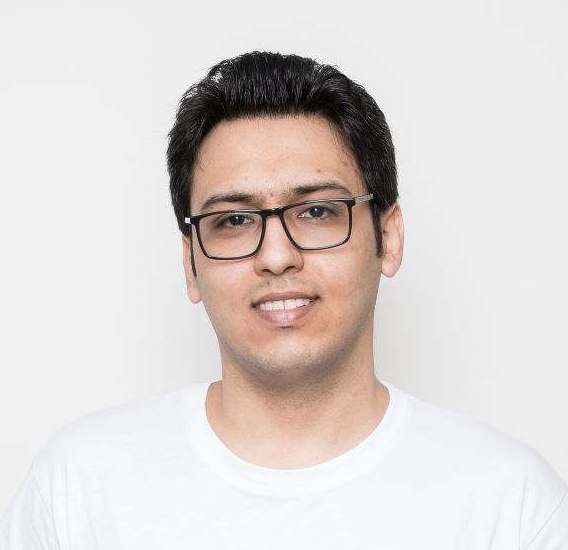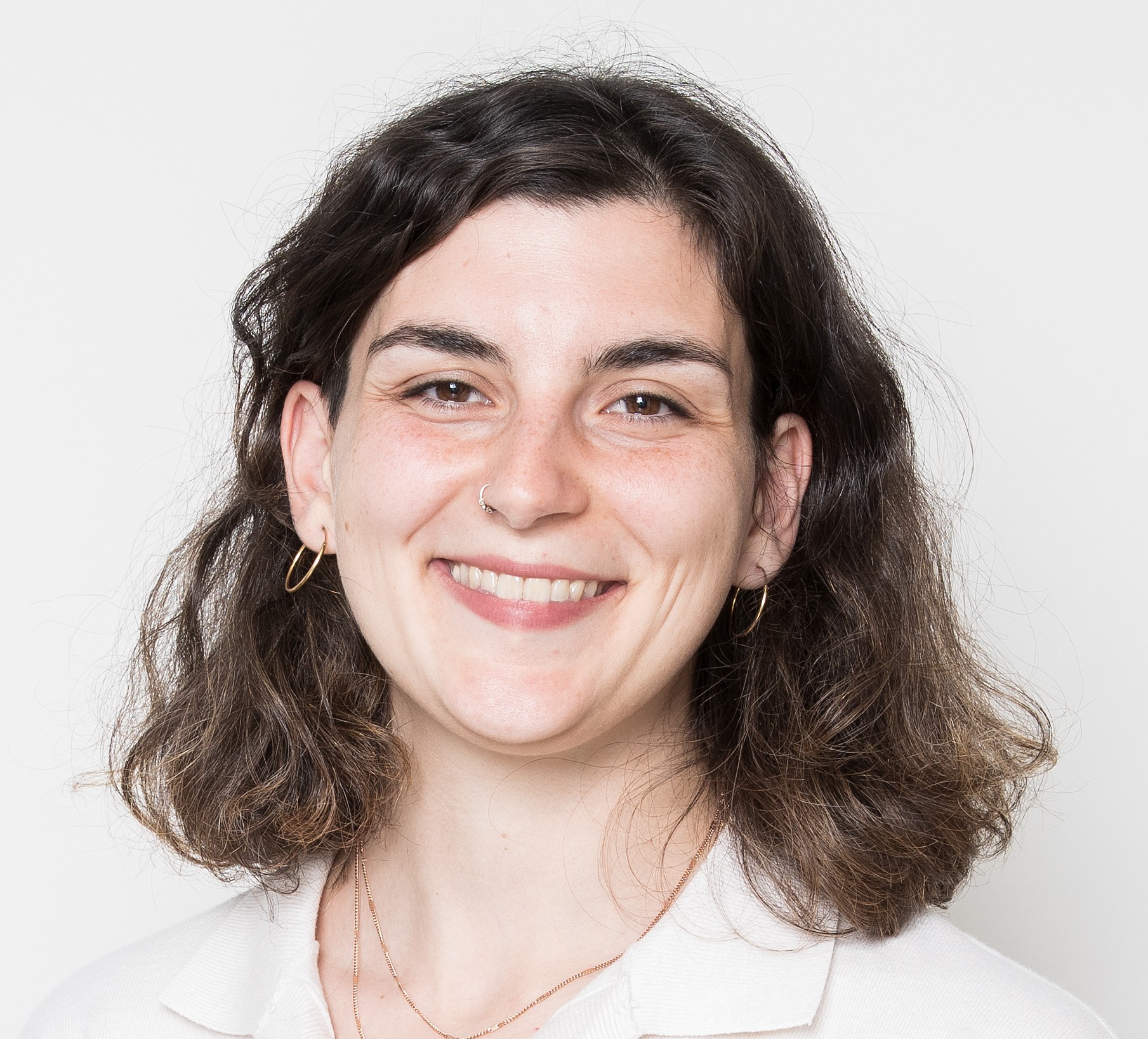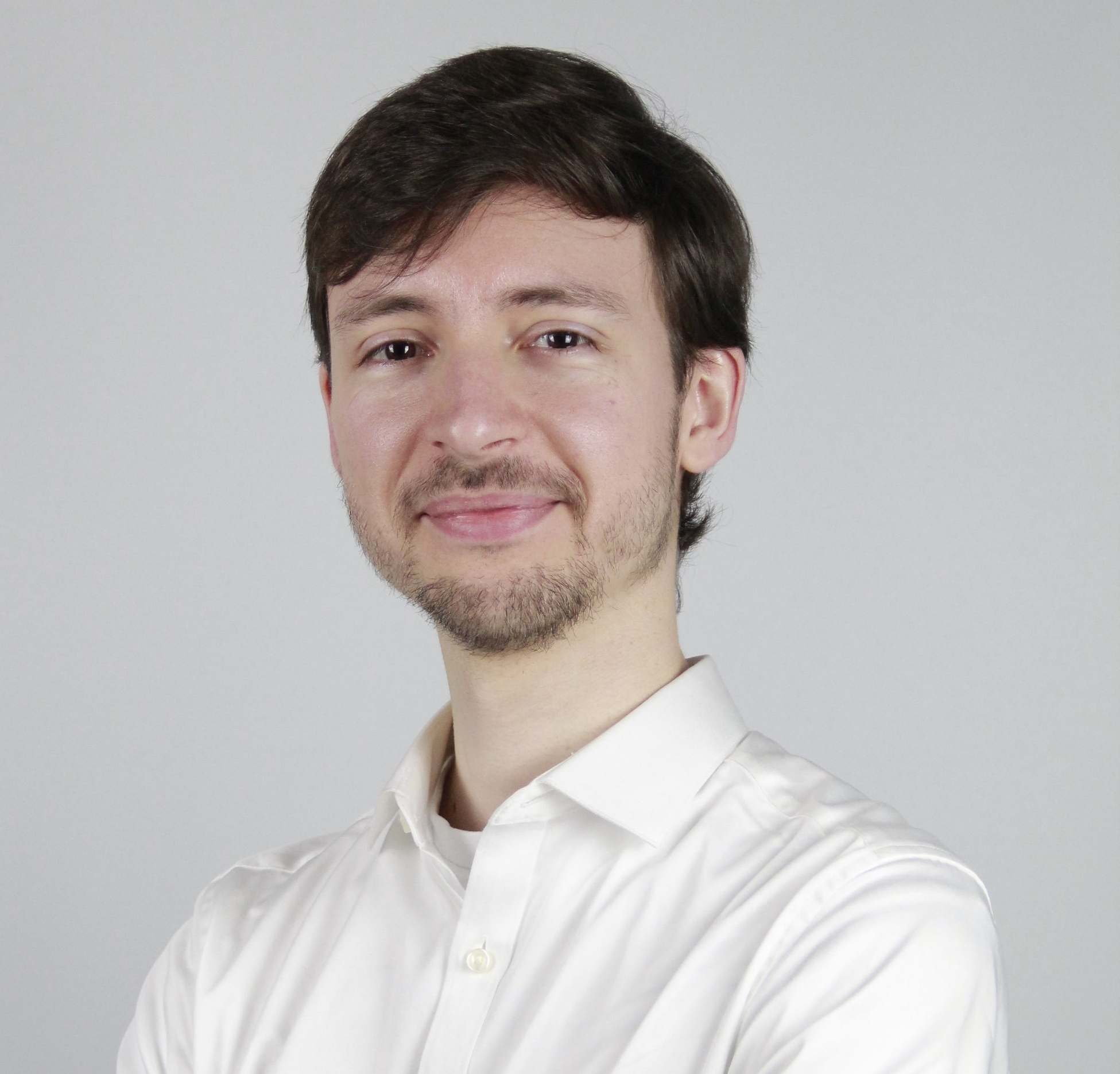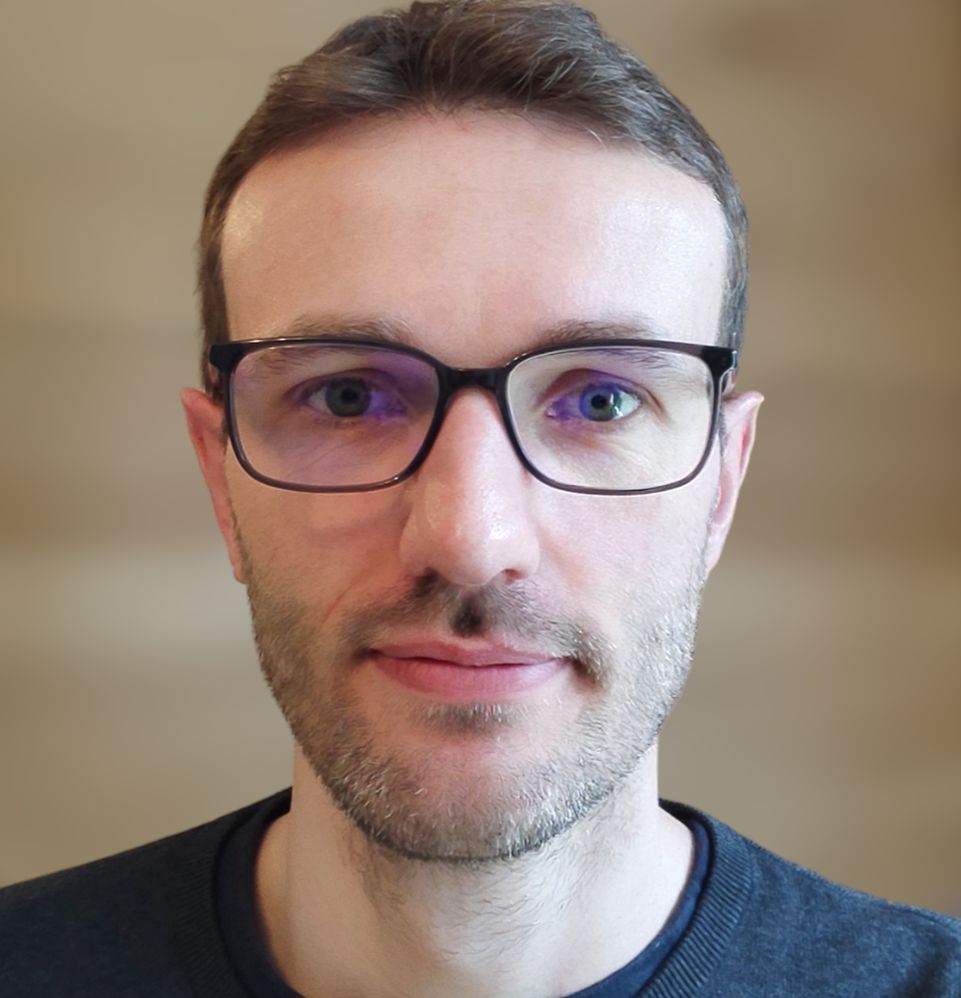Christian Nweze - Interview
PORTRAIT | Education / Interview / PHGS / Postdoc
Christian Ikechukwu Nweze completed his doctoral studies in October 2022 in the field of Photon and Nanoscience at the Universität Hamburg. His dissertation with the title “Tuning the Electron-Phonon Interaction in Bismuth Selenide (BI2Se3) Topological Insulator Nanostructures” was supervised by Prof. Dr. Michael Rübhausen and Prof. Dr. Nils Huse. Currently, he is employed as a postdoctoral researcher at the Universität Hamburg. In an interview with us, he talks about his membership in the PHGS program.
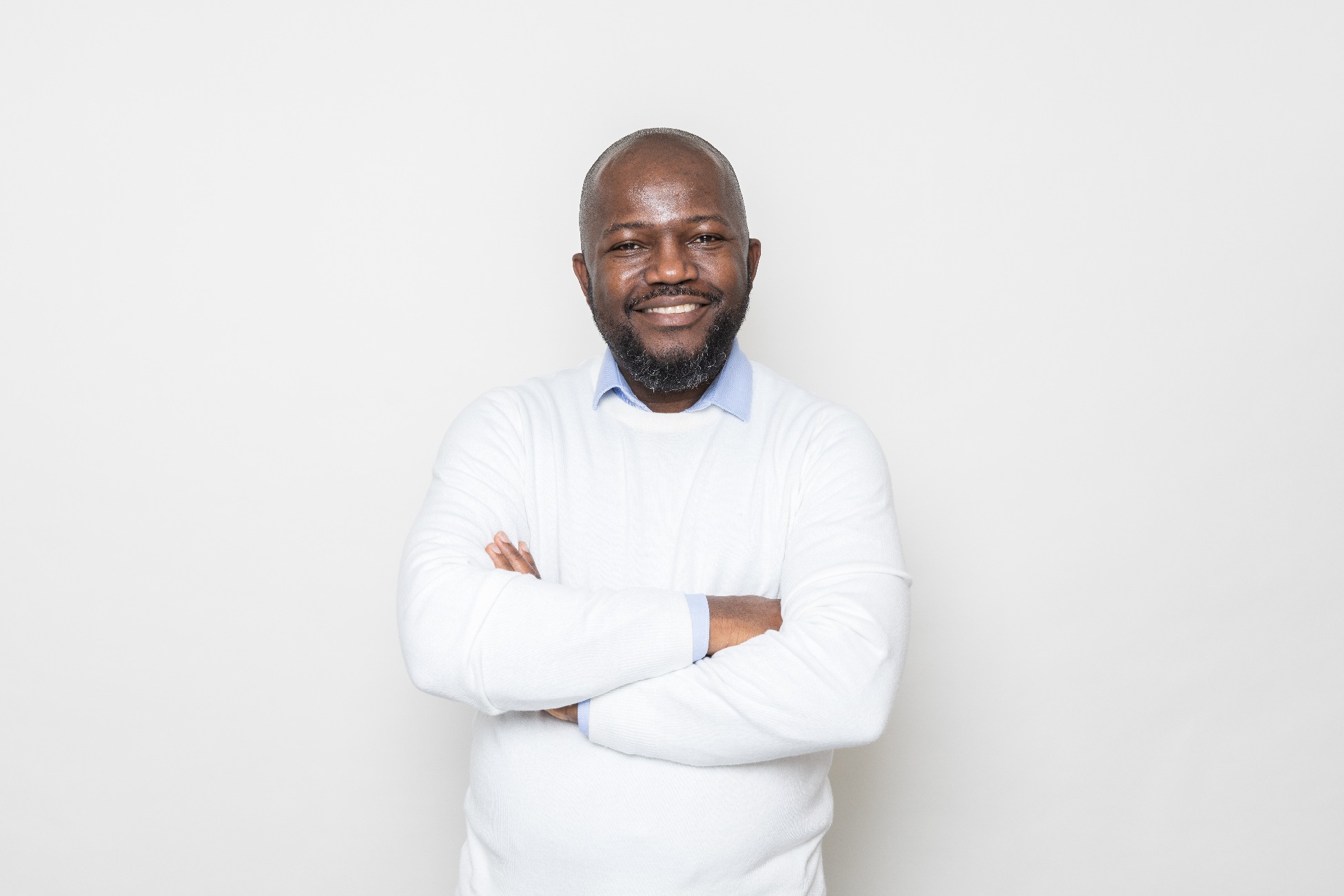
Please describe briefly how you came to do your doctorate here in Hamburg.
It is my goal to do my doctorate in a state-of-the-art facility located in a heart of an international city. Hamburg fits into this my little world, and then a little search on the internet directed me to PIER graduate school and of course, with the support of PHGS, I was able to secure a potential supervisor. That is the beginning of my PhD in Hamburg.
Which offers of the PHGS did you use during your doctorate?
At the beginning, I attended the onboarding meeting with Stefanie Tepass. I also benefitted from the Buddy Program and transferable skills trainings. In addition, I joined German language classes, the PIER PhD Seminar, the PIER Graduate Week and the PIER Lunch Talk. Moreover, I received a PHGS travel grant, made requests to the PHGS office and received the PHGS Certificate and PHGS Transcript of Records.
How did you benefit from the offers of PHGS? From which 3-4 offers have you benefited the most and in what way?
German language skills enable me to communicate in German where and when necessary. I was able to attend summer school in Spain using PIER travel grant and this allows me to exchange ideas from like minds geared towards academic excellence. The programming skills enable me to effectively analyze my data set and plot graphs. Through PIER graduate week, I was able to form new research ideas and some linkages that are currently effective for my academic development.
Would you recommend the membership in the PHGS to other doctoral researchers? If yes: Can you describe in one or two sentences why you think the PHGS is a useful institution for future doctoral researchers?
Yes, as a member of PGHS, I learnt a lot of soft skills from PHGS and I am currently applying these skills in my current position. Therefore, I strongly recommend PHGS to other doctoral researchers.
How did you benefit from the offers of DOIT (Doctoral Initiative)?
I benefitted from the offers of DOIT because it increased information sharing, linkage and contacts.
Can you describe in one or two sentences why you think DOIT (Doctoral Initiative) is useful for doctoral students of the PHGS?
This brings interactions amongst PhD students with different backgrounds for socializing and networking, and future cooperation.
What were your favorite place/s in Hamburg during your doctorate (and why)?
Landungsbrücken. I spent my leisure time here, connecting to the fantastic environment.
Can you describe in one or two sentences what you particularly like (most) about your life in Hamburg or Hamburg as a city?
Hamburg presented a picture of international city and indeed it is an international city. Don’t be surprised that an average person in Hamburg is willing to communicate with you in English language. How bad is the weather really in Hamburg? Moving from Awka, Nigeria with a stable temperature to Hamburg with variable weather condition, I am now amenable to variable weather conditions. In fact, anyone that is connected to variable weather conditions, then Hamburg is a perfect place for you.
In fact, anyone that is connected to variable weather conditions, then Hamburg is a perfect place for you.
Please finish the following sentence: I never regret to have come to Hamburg because…
…. the city is providing intriguing captivating and is a lot different from what I was used to and then I got swallowed.
Do you have a personal advice for all doctoral candidates?
Doctorate is a decision we made because we are a unique set of people with the ability to follow uniquely a process. One of the qualities of a nice process is a bumpy road, and the uniqueness of PhD students is our ability to navigate the bumps. I called it bump bursting.
What do you wish you had known before you started your doctorate (in Hamburg)?
Programming, yes, I wish I would have known it very well before my PhD. Thanks to PIER for giving me the opportunity to learn it.
Thank you very much, Christian, and all the best for your future!
